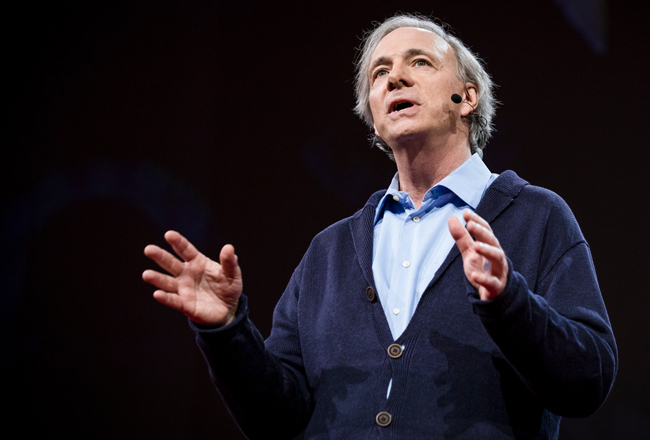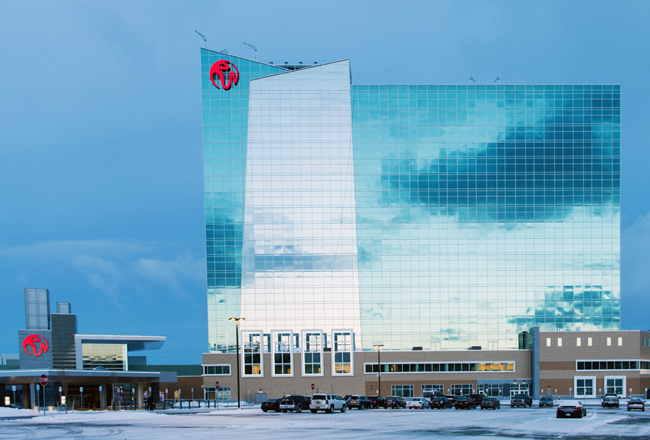Ray Dalio, the founder of Westport-based hedge fund Bridgewater Associates, has joined the chorus of voices warning that the U.S. economy risks falling into a recession before the end of next year.

“Recessions are always inevitable,” Dalio said in an interview with CNBC. “The only question is: ”˜When?”™ I think that in the next two years, let”™s say prior to the next election, there”™s probably a 40% chance of a recession. I think you are seeing this around the world.”
Recession fears were spurred last week when the yield on the 10-year Treasury note temporarily fell below the 2-year rate. Dalio supported the view held by many economists that this situation could be viewed as a precursor to a recession.
“You will see greater interest rate cuts as you start to see the world economy starting to slow down,” he said. “I think you are seeing that being led now by the bonds. Long-term interest rates are falling faster than short-term interest rates, which is inverting the yield curve. And when that happens, it means that cash is more attractive than bonds ”“ and as that happens, you see the movement toward cash and the slowing up of lending.”
Dalio predicted the next election will inject a higher degree of political philosophy into shaping the nation”™s economic direction.
“I think the elections we are going to have in the United States will have an important bearing,” he said. “It is a contrast ”“ or conflict ”“ between capitalists and socialists. We are going to see more of that.”
Dalio also cautioned that the ongoing trade war between the U.S. and China could take a sharper turn if China were to use its $1.11 trillion in Treasury holdings as a power play.
“We have a debtor-creditor relationship, not just a trade relationship, and that can be a dangerous thing,” said Dalio, who said he “wouldn”™t rule it out” for China to go in that direction.
“What we worry about ”” and I think it”™s a reality ”” is that in this new world of adversely affecting each other economically and hurting each other”™s businesses, each tries to think: ”˜Now, how can I do the other the maximum harm?”™” he said. “And the Chinese are clever at doing that.”



















